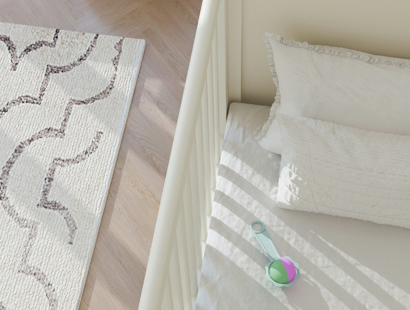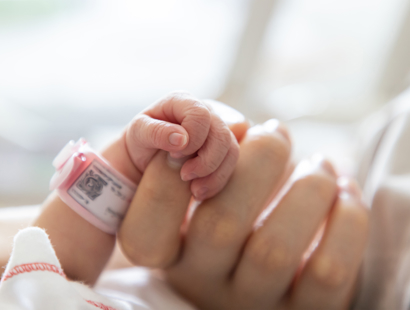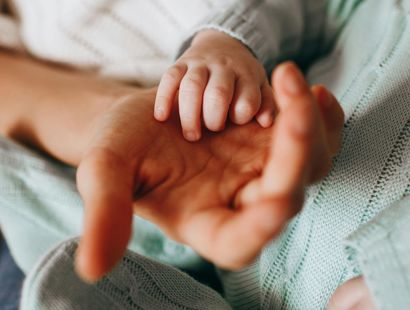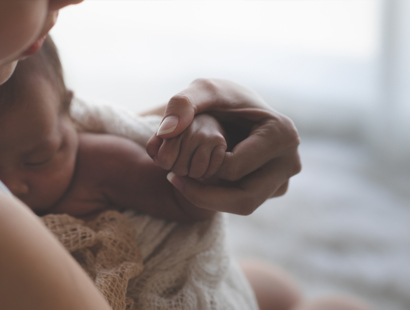
Switched at birth: an unfolding story
On 2 November, the BBC broke the news of the first ever reported ‘switched at birth case’ in the UK. In this article, Jason Tang, whose team is currently instructed on such a claim, explains what these cases involve and the challenges of seeking compensation for those affected.
In recent years, as science and genetics has improved and the availability of historical records have become more widely available, there has been a rise in the popularity of people finding out about their family and cultural history. This has been further popularised by TV programmes such as the BBC’s “Who do you think you are?”.
While finding out about your family history can be a fun and interesting exercise, it can sometimes be more distressing - for example, discovering that you may be related to a notorious criminal. So what happens if your results are life changing? In some instances, what a person may discover can be absolutely life-shattering: that the family they have grown up in is not actually their biological family at all.
Baby switch cases: what are they?
The popularity of genealogy websites such as Ancestry.com have allowed people to access previously unknown details about their family history. However, cases have now come to light where individuals have found out that they are not related to the family they grew up in. Often these cases will involve older people, the reason being that historically, maternity units were less sophisticated than they are now. Babies were often taken from the mother soon after birth to be placed in a nursery, relying on a nurse to put a simple tag around their ankle or on their arm to identify who they were. It would not be difficult to imagine that these 'tags' might not be put on immediately, or could become detached, and babies might be placed in the incorrect cots. As a result, mothers could unknowingly end up being given babies that were not theirs.
This means some people have not found out their true 'identity' until they are grown adults. They may feel suddenly detached from the family that they have grown up in, and yet rejected by their biological family. In some instances, their biological parents may have passed away, or siblings may have died, meaning they will never have the opportunity to meet their true family. It would be difficult for any of us to imagine what this kind of loss would feel like.
In the baby switch cases that have been reported around the world, it is unsurprising that most of the families that have been affected have sought to bring legal cases against the health authorities involved, for the pain and suffering that has been caused.
Baby switch cases in the UK
Although there are known cases in the US, France and Spain, there were no publicly reported baby switch cases in the UK until this week (which is not to say that there haven't been unreported cases.) It will now inevitably only be a matter of time before more cases come to the public's attention. Russell-Cooke is instructed in one such ongoing case.
When this does occur, what level of compensation could a person expect to receive? Quite simply, it is difficult to know. When valuing a clinical negligence claim, a person is entitled to two types of damages:
- General Damages. These are awarded to compensate for the physical injury and psychological effects caused by an incident. There are Guidelines that can be followed to calculate these losses.
- Special Damages: These are the financial losses and expenses associated with the injury. These losses are unique to each claim.
Looking specifically at the issue of General Damages, in order to quantify this loss a solicitor would usually consider the Judicial College (JC) Guidelines and any relevant case law. The JC Guidelines provide a range of likely damages a person might expect to receive for the particular injury they have suffered. The Guidelines are a list of examples of injuries and the award that the Court consider appropriate for that injury. For example, someone who has suffered an above the knee leg amputation could expect to receive General Damages in the region of £127,930 - £167,760 (as at the time of writing).
Compensation: an evolving situation
Unsurprisingly, no guidelines exist to account for an injury caused by being switched at birth. The obvious starting point would be for the psychiatric injury a person has suffered for discovering the truth, but this would likely be considered not to go far enough.
As there are no reported settled UK baby switch cases that offer any guidance either, it is unclear what level of damages an individual could expect to receive if they were to discover that they were switched at birth. It may be that a new type of award would need to be created specifically to compensate a person in this type of situation.
It might also not be just the ‘switched babies’ that would potentially have legal claims, but almost certainly their parents and possibly their wider family, including siblings who might have a claim as well.
It is inevitable that in the near future, now we have seen our first reported baby switch case in the UK, more will come to light. It remains to be seen how the Courts are going to compensate those affected.
Jason Tang is an associate in the personal injury and medical negligence team. He deals with numerous cases including birth injuries, delays in diagnosis, fatal claims, amputations, and patient falls and fractures.
Get in touch
If you would like to speak with a member of the team you can contact our medical negligence solicitors by email, by telephone on +44 (0)20 3826 7517 or complete our enquiry form below.







